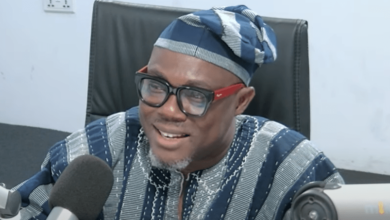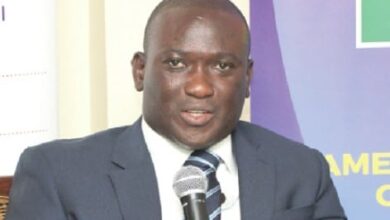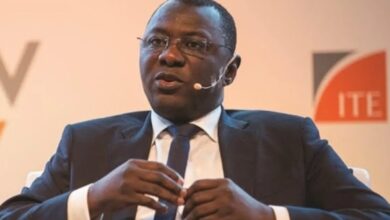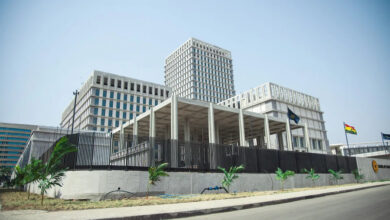Corruption, tribalism and conformity threaten Ghana
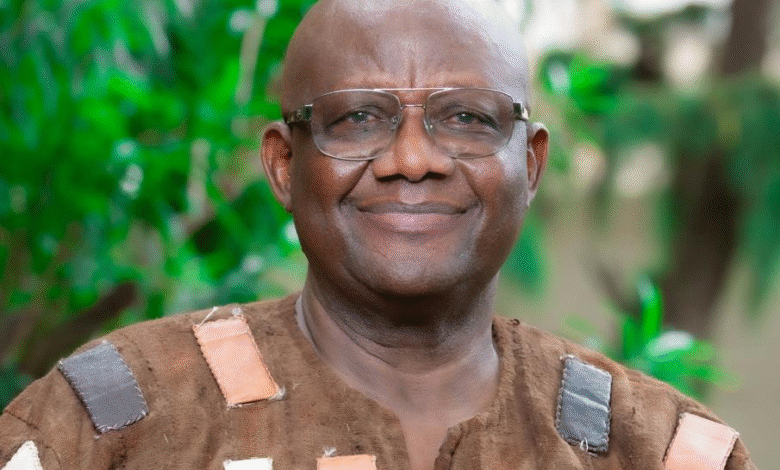
Renowned Businessman, Mr Awentami Paul Afoko, has urged young Ghanaians to adopt the courage of non-conformists, warning that Ghana’s progress depends on citizens who are willing to stand out, resist societal pressure, and question decisions before they are accepted.
Speaking at the fifth Dialogue Public Lecture held at the Ama Ata Aidoo Centre for Creative Writing at the African University of Communications and Business (AUCB) on November 21, 2025, Afoko said true national transformation will not come from people who simply “join the chorus,” but from those bold enough to challenge norms and refuse to be intimidated by fear or power.
“Living as a non-conformist in a conformist world means refusing to be swallowed by the crowd,” he told the audience. “The ability to question actions before they happen is the trait the youth must adopt if Ghana truly wants progress.”
Afoko argued that although non-conformists often face difficulties, those challenges are the very struggles nations need in order to grow. He cautioned that widespread corruption and the persistence of tribalism remain threats to national development.
“Corruption is everywhere, but when corruption becomes normal and tribalism becomes fashionable, then we have a problem,” he said. “Sadly, tribalism is still around. That is why the youth must stand out and speak the truth even when it is hardest to do so.”
He stressed that silence from the country’s brightest minds creates space for mediocrity to dominate public life.
“If the distinguished minds of this country keep quiet, mediocrity will take over,” Afoko warned. “And when that happens, the entire nation loses.”
Calling on the youth to recognise the responsibility of standing out, he emphasised that non-conformity is not arrogance, but duty.
“Standing out is being responsible,” he noted. “You might not be noticed today, but you will be noticed eventually. The future belongs to those who refuse to be swallowed by the crowd.”
Afoko added that conformity kills innovation, justice, growth and progress, and cautioned that if mediocrity becomes acceptable, the country risks disaster, as intellectuals would then rely on mediocre voices to make laws and policies shaping national destiny.
His message reinforced the broader theme of the public lecture: that Ghana’s future depends on courageous citizens willing to challenge harmful norms, defend integrity, and insist on accountability.

